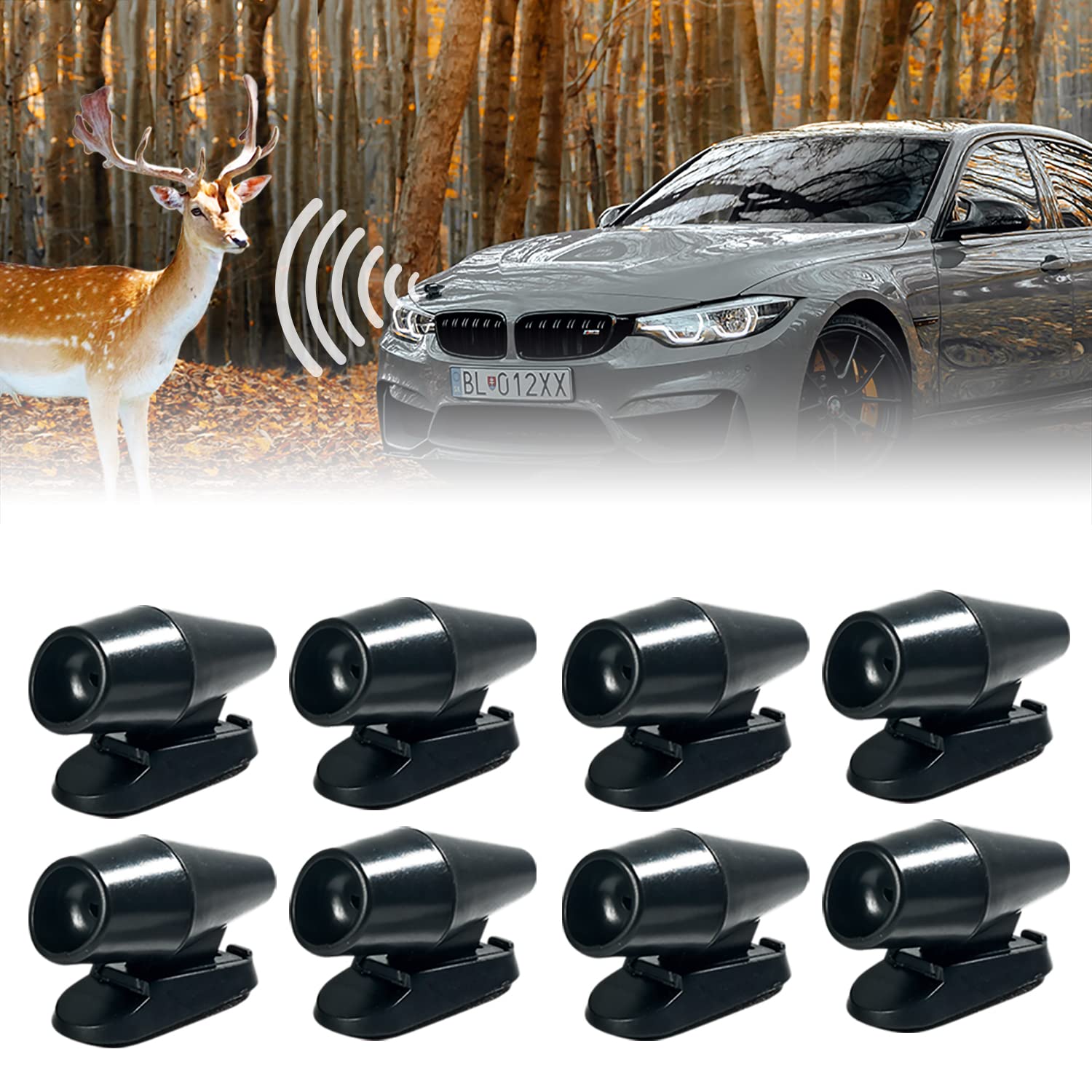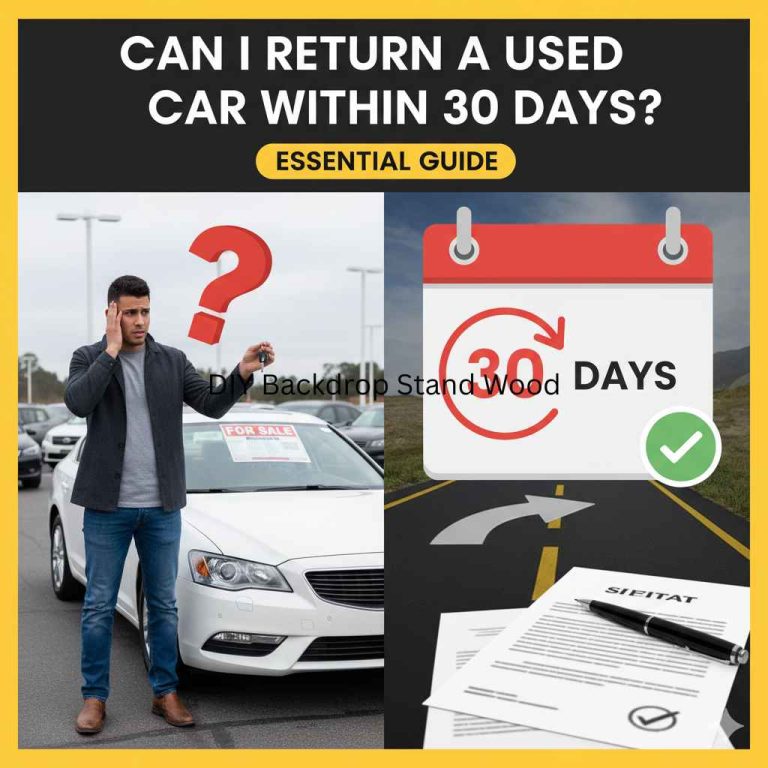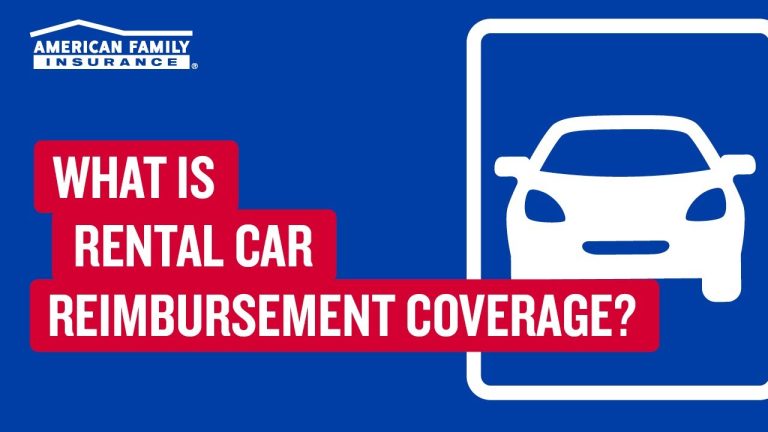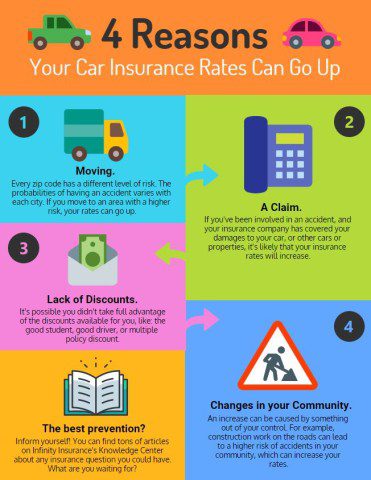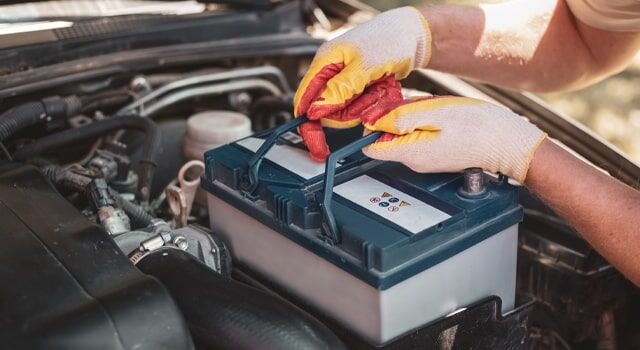Do Deer Whistles Work on Cars: Myth or Reality?
Do deer whistles work on cars? The short answer is: it’s debated.
Some drivers swear by them, while others see no effect. Deer whistles are small devices attached to cars. They emit sounds to warn deer of approaching vehicles. The idea is to prevent accidents by scaring deer away. But do they really work?
Studies show mixed results. Some claim fewer deer collisions, while others find no difference. Understanding how deer respond to these sounds is key. Many factors affect this, including the type of whistle and deer behavior. This blog dives into the details. You’ll learn how deer whistles work and if they’re worth using. So, let’s explore the truth behind these devices.
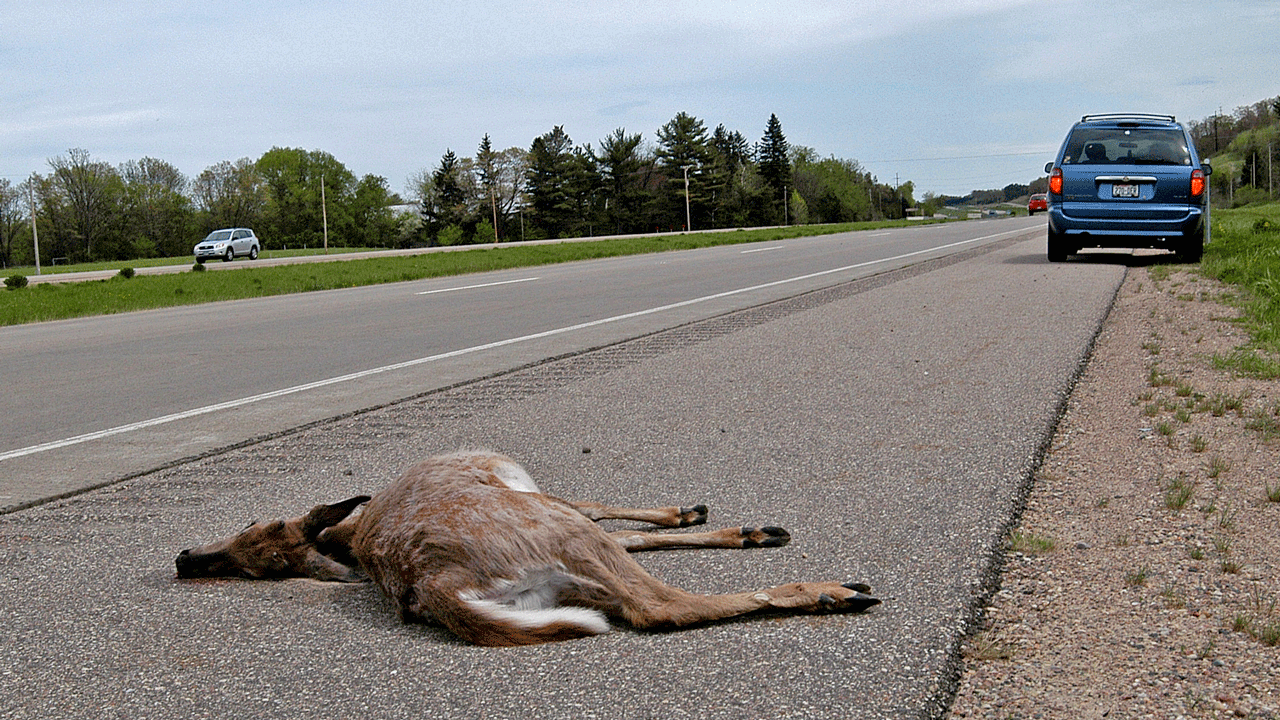
Credit: www.bowhunting.com
Introduction To Deer Whistles
Deer whistles are small devices attached to cars. They create sounds when the car moves. These sounds are meant to warn deer. The goal is to keep deer away from the road. Deer whistles use air or electronic signals. Some people believe they help reduce accidents.
Deer whistles were first used in the 1970s. They became popular in the 1980s. Many drivers wanted a way to avoid hitting deer. Researchers studied their effectiveness. Some studies showed mixed results. Deer whistles are still used today by some drivers. They remain a topic of debate.
How Deer Whistles Work
Deer whistles produce a high-pitched sound. This sound alerts deer near the road. The sound is often beyond human hearing. Deer can hear it from a distance. The goal is to make deer move away. This helps avoid collisions.
There are two main types of deer whistles. The first type is air-activated. The second type is electronic. Air-activated whistles work when the car moves. Electronic whistles need a power source. Both aim to keep deer away from roads.
Effectiveness Of Deer Whistles
Several scientific studies have tested deer whistles. Most studies show mixed results. Some studies found no significant impact on deer behavior. Others show deer might react, but not consistently. The effectiveness is still under debate. Deer whistles might work in specific conditions. But overall, the evidence is not strong.
Many drivers use deer whistles. Some report positive experiences. They say deer avoided their car. Others see no difference. Deer still crossed their path. These real-world examples vary widely. There is no clear consensus. Some people believe in them. Others think they are not effective. It is up to each driver to decide.

Credit: www.amazon.com
Benefits Of Using Deer Whistles
Deer whistles can help reduce car accidents. They make a sound that scares deer away. This can keep deer from jumping in front of cars. Many drivers feel safer with these whistles. The sound is not heard by humans. This means it does not bother people inside the car.
Deer whistles are not expensive. They cost much less than fixing a car after a crash. Installing the whistles is easy. Many people can do it themselves. This saves money on labor costs. The whistles last a long time. This makes them a good investment for drivers.
Common Myths About Deer Whistles
Many people believe that deer whistles keep deer away from cars. These devices create a high-pitched sound when a car moves. Some think this sound scares deer. But studies show mixed results. Deer may not even hear the sound. Their hearing is different from humans. Some deer may not react at all. Others might get scared but still run towards the car. Relying on deer whistles can be dangerous. It’s better to stay alert and drive carefully.
Some believe deer whistles are a cheap and easy fix. Drivers hope for a simple way to avoid accidents. They want to protect themselves and deer. But experts doubt the effectiveness. Deer behavior is unpredictable. Whistles may not work as people expect. Safety depends on careful driving and awareness. Trusting a device alone is risky.
Alternative Methods To Avoid Deer Collisions
Drive slowly in areas with many deer. Be alert at dawn and dusk. Deer are most active during these times. Use your high beams when possible. It can help you see deer earlier. If you see one deer, expect more. They often travel in groups. Brake firmly, but do not swerve. Swerving can cause more danger.
Use car-mounted deer sensors. These devices detect deer near the road. Some cars have automatic braking systems. These systems can stop the car if a deer is detected. Install better headlights. Improved visibility helps you see deer sooner. Night vision cameras in cars can also help. They show animals on the road even in the dark.
Consumer Experiences
Many drivers share their thoughts online. Some believe deer whistles work well. They claim fewer deer are seen near their cars. Others think these whistles are not effective. These drivers still see deer close to roads. Mixed experiences make it hard to decide.
Several studies have looked at deer whistles. In one study, researchers tested cars with and without whistles. Results showed no clear difference in deer behavior. Another study found similar results. Deer did not change their path because of the whistle. More tests are needed to be sure.

Credit: q1065.fm
Frequently Asked Questions
Do Deer Whistles For Cars Really Work?
Deer whistles for cars may not effectively prevent deer collisions. Studies show mixed results on their effectiveness. Always drive cautiously in deer-prone areas.
What Is The Best Deer Deterrent For Cars?
The best deer deterrent for cars is a deer whistle. Attach it to your vehicle to emit ultrasonic sounds, alerting deer and preventing collisions.
Can People Hear Deer Whistles On Cars?
Deer whistles on cars produce high-frequency sounds. Most humans cannot hear these sounds. Only animals like deer can hear them.
At What Speed Do Deer Whistles Work?
Deer whistles work effectively at speeds above 30 mph. At this speed, the whistles emit sound that deters deer.
Conclusion
Deer whistles on cars may not be effective as claimed. Studies show mixed results. Some drivers believe they work, others don’t notice a difference. Always stay alert while driving in deer-prone areas. Reduce speed and use high beams at night to spot deer.
Consider other safety measures like deer warning signs. Deer whistles might not be a guaranteed solution. Safety is key. Drive cautiously and stay informed.

